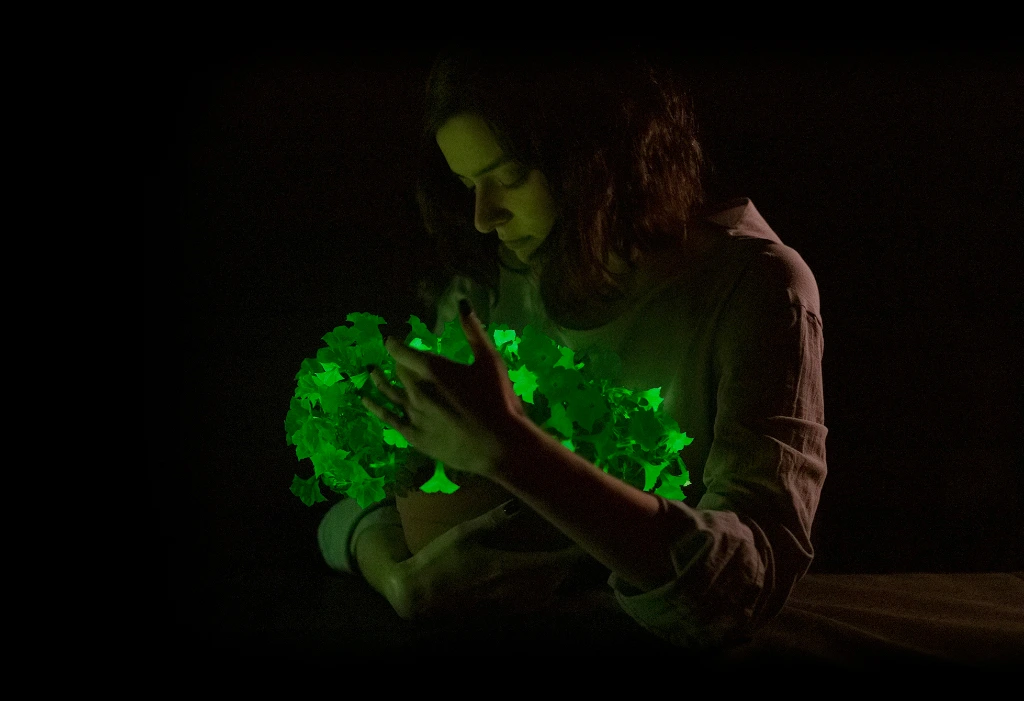A new plant has recently hit the market with a unique property: bioluminescence. According to an article from NPR, The Firefly Petunia, a genetically modified plant capable of glowing in the dark, was created by a scientist Keith Wood. Wood, who delved into various research endeavors, primarily focused on investigating bioluminescent properties. However, it wasn't until Wood inserted a firefly gene into a tobacco plant that the magic of bioluminescence became apparent.
Although named after fireflies, the plant does not contain any genes from them. Instead, it incorporates four genes from a bioluminescent mushroom and a fifth gene from another fungus. These genes collaborate to convert a metabolite into what Wood terms an "intermediate," which is then utilized as fuel for bioluminescence by the subsequent gene.
Wood explains that this groundbreaking discovery serves a singular purpose: enjoyment. The Firefly Petunia represents a whimsical addition to any garden, lending a distinct charm to the coming summer nights. Such scientific endeavors offer a refreshing departure from the rigors of conventional genetic research, highlighting the playful and magical aspects of science. I believe that Wood's creation exemplifies the fusion of scientific innovation with the pursuit of delight, resulting in something truly extraordinary.


:no_upscale()/cdn.vox-cdn.com/uploads/chorus_asset/file/16026374/monkey_clones_GettyImages_1087871028.jpg)
